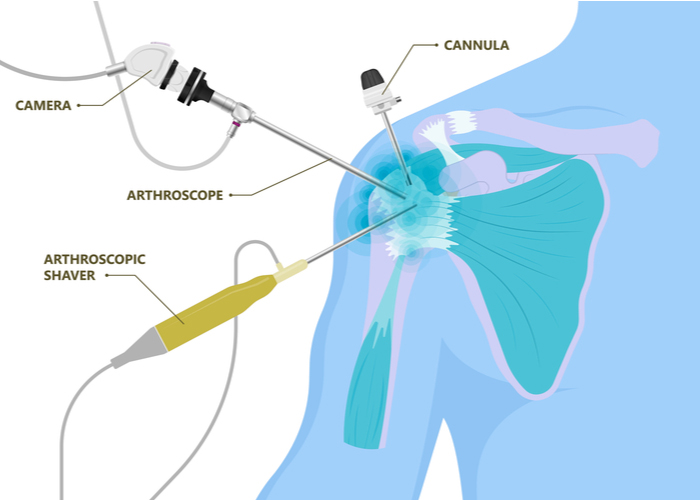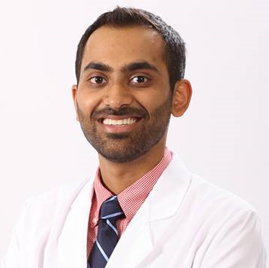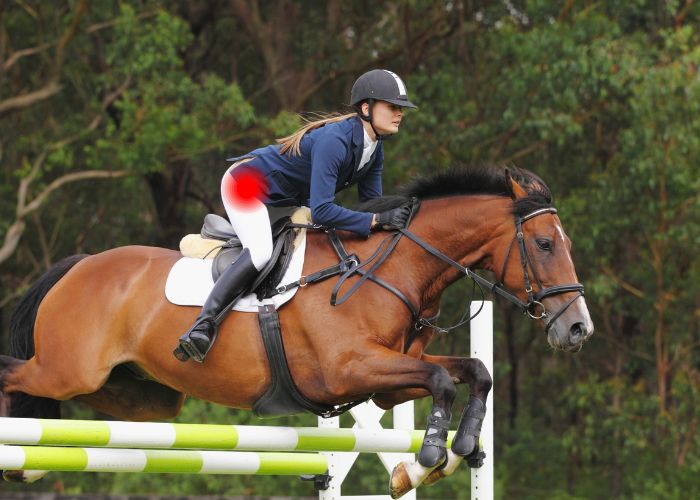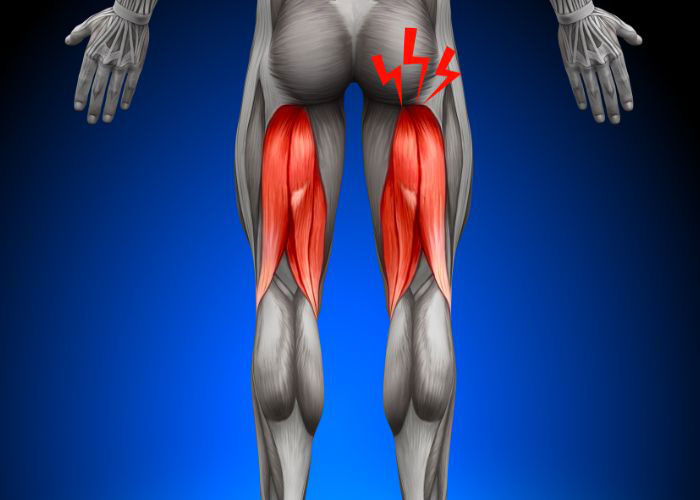What is a frozen shoulder?
A frozen shoulder is a condition that gradually develops over time from the tightening and thickening of the connective tissues that surround the shoulder joint. Scar tissue, or “adhesions”, can develop into a frozen shoulder, also known as adhesive capsulitis. Over time, the thickening of the connective tissues can cause shoulder stiffness and pain resulting in a loss of shoulder and arm movement. Although rare, the symptoms of a frozen shoulder can result in a complete loss of shoulder function making simple daily tasks difficult and painful.
What is the treatment for a frozen shoulder?
Non-surgical treatment measures, such as physical therapy exercises, non-steroidal anti-inflammatory medications (NSAIDs), and/or shoulder injections, are often all that is needed to resolve symptoms of a frozen shoulder. However, failed non-surgical therapy might necessitate surgical intervention to properly treat a frozen shoulder. Surgery to correct a frozen shoulder is generally performed during the “frozen” stage of adhesive capsulitis. This is accomplished with a combination of manual manipulation of the shoulder and an arthroscopic capsular release procedure. Surgical repair of a frozen shoulder aims to restore the full range of motion of the shoulder by stretching and releasing the joint capsule. Dr. Ronak Mukesh Patel, orthopedic shoulder doctor, treats patients in Sugar Land, Pearland, and the Houston, Texas area who have experienced a frozen shoulder and are in need of surgical repair.
How is a frozen shoulder surgery performed?
Surgical repair of a frozen shoulder is typically conducted as an outpatient procedure. General anesthesia is administered prior to the procedure. Once the patient is appropriately positioned, Dr. Patel makes small incisions surrounding the shoulder. A small camera (arthroscope) is introduced through a portal to methodically examine the muscles, ligaments, tendons, and connective tissues of the shoulder joint. A radiofrequency probe is then inserted which produces radio waves that sever the tissue capsule while also simultaneously cauterizing the tissues. This capsular release enables the shoulder joint to move more freely. Dr. Patel then carefully moves the shoulder in a specific range of motion to stretch the shoulder joint capsule and inflamed connective tissues. This meticulous shoulder manipulation releases the tight shoulder capsule, reduces shoulder pain, and improves shoulder range of motion. When all of the necessary revisions have been completed, the arthroscope and surgical instruments are removed, and the incisions are closed with sutures.

What are the benefits of an arthroscopic capsular release surgery?
The arthroscopic technique is preferred when conducting a capsular release as the arthroscope facilitates a more controlled and precise release of the shoulder joint capsule. The radiofrequency instrument cauterizes the tissue as it cuts thereby minimizing the bleeding within the shoulder joint. This minimally invasive procedure often results in faster recovery times for patients due to the small incisions created. Arthroscopic capsular release also reduces the risk of blood loss and infection during the procedure and minimizes pain and inflammation after the procedure.
What is the recovery period like after frozen shoulder surgery?
The rehabilitation process begins immediately following an arthroscopic capsular release procedure to prevent shoulder stiffness and the development of another frozen shoulder. Most patients in the Sugar Land, Pearland, and Houston, Texas area can expect a full range of motion of the shoulder in approximately 6 weeks. Management of post-operative pain and inflammation is achieved with ice and non-steroidal anti-inflammatory medications (NSAIDs). Stronger pain medication may be prescribed by Dr. Patel to be taken as directed. The key to a successful recovery following an arthroscopic capsular release is adhering to and completing the physical rehabilitation program set forth by Dr. Patel.
Frozen Shoulder Repair Doctor

Frozen shoulder is also called adhesive capsulitis, a condition that typically affects patients between the ages of 40 and 60 years of age. Frozen shoulder can be associated with other medical conditions, such as thyroid disorders, diabetes or cervical spine conditions. Frozen shoulder repair surgery releases and stretches the “frozen” or stiff joint capsule. Frozen shoulder surgeon, Doctor Ronak Mukesh Patel, provides diagnosis as well as surgical and nonsurgical treatment options for patients in Houston, Sugar Land, and Pearland, TX who have developed frozen shoulder. Contact Dr. Patel’s team today!








